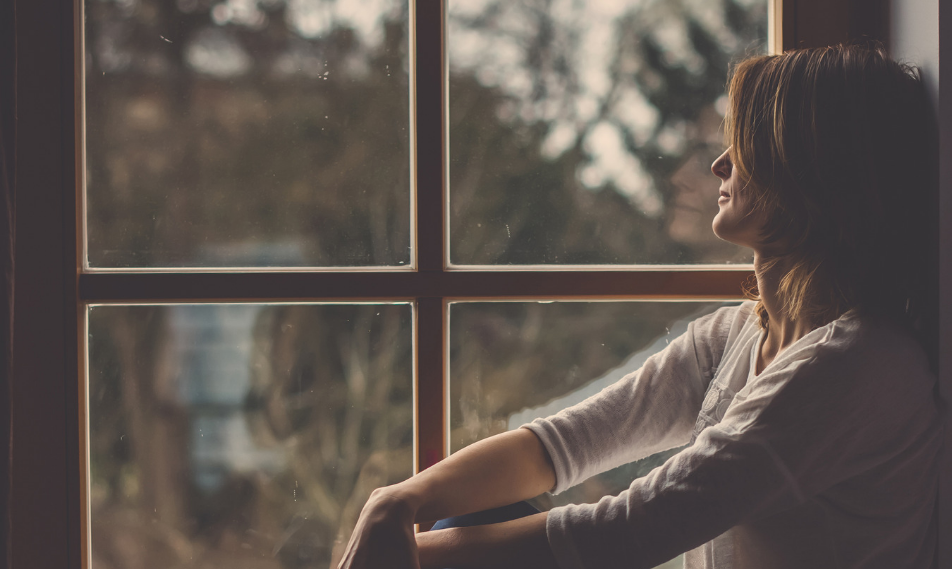Throughout the month of August, we will be sharing articles focusing on the subject of loneliness to help raise awareness and positivity during the cold winter months.
Sydney is world famous for its beautiful beaches and sunshine. But when autumn and winter come around, Australians are not so welcoming of the cooler weather - despite the fact that our temperatures only dip to a low of 8 degrees Celsius (compared to below freezing elsewhere in the world). So why do we feel particularly glum in winter?
Less Exposure to Sunlight
Because the Earth is tilted on an angle, we have fewer daylight hours during our winter season and therefore less exposure to sunlight. A more scientific term for ‘the winter blues’ is Seasonal Affective Disorder (SAD). As the name suggests, SAD has a seasonal pattern where people who may feel fine in the warmer months tend to feel down during the winter time. The symptoms of SAD are very similar to depression – such as feelings of hopelessness and lacking energy. While more research is needed, recent studies show that exposure to sunlight affects various body systems and that moderate levels of sunlight hitting your skin helps reverse Season Affective Disorder.
More Likely to Stay Indoors Out of the Cold
When it is cold outside, generally people are reluctant to layer-up and spend time out in the community, instead opting to spend more time indoors staring at computer and television screens. Without venturing outdoors, our sunlight exposure is reduced. Research shows that sunlight exposure can be linked to serotonin levels - a chemical produced by our nerve cells, believed to help regulate mood and social behaviour, appetite and digestion, sleep, memory as well as sexual desire and function. One recent study found that people had higher serotonin levels on bright sunny days than on cloudy days. Higher levels of serotonin correlate with better mood, while lower serotonin levels link to depression and anxiety.
Less Exercise & Lack of Activity
With the above in mind, it should come as no surprise that limited sunlight and no going outdoors also generally means less social and physical activities. When we are out in the sunlight, it is usually associated with social catch-ups such as at parks or lunches in gardens and balconies, or with physical activities such as golfing, soccer, surfing, gardening and hiking. With less exercise means less endorphins, commonly referred to as the ‘feel-good’ hormones in our bodies. We also have less social interactions than we usually would when we participate in activities amongst our community.
Indulging in Comfort Food
Comfort foods such as pasta, pies and pancakes are usually delicious but are also usually foods that are high in fat, sugar and refined carbohydrates - therefore they are generally linked to weight gain in winter.
Loneliness is unfortunately incredibly common in our community, with one in four Australians feeling lonely regularly. Home Care Heroes is on a mission to end social isolation and loneliness, via the power of human connections and inclusive communities. If you or someone you know live in New South Wales and are feeling lonely or would like companionship, Home Care Heroes can help. An NDIS-approved provider, Home Care Heroes has a $40 per hour flat rate (including weekends and public holidays) and plenty of fully vetted Heroes with a range of skills located throughout Sydney, Newcastle and wider NSW. Sign up now to choose a local hero whose interests match your own, and see for yourself why we have over 50 five-star reviews on Google.

